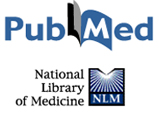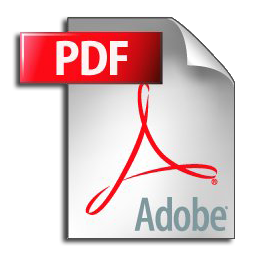Homeopathy scientific literature review - AQTN's position based on homeopathy literary reviewScientific literary review on homeopathy and homeopathic medicine, a comprehensive literature review |
Last modification of Homeopathy literary review: August 22, 2013
 Homeopathy literary review compilation by AQTN is licensed under a Creative Commons Attribution-NonCommercial-ShareAlike 3.0 Unported License. Based on a compilation by AQTN. Excerpts from Homeopathy literature review:Homeopathy has been highly praised by some and vehemently criticized by others. But who is right? We offer a concrete and solid answer to this question, including detailed explanations and evidence based arguments to support our findings. This homeopathy literary review is a compilation of scientific studies on homeopathy from the most reputable sources. One of the findings was that the homeopathic consultation (excluding the remedy) involves a complete exploration of the patient's emotional, spiritual and physical well-being. It offers value via empathy and empowerment. As you will read in the homeopathy literary review, The consultation is often attributed in the literature as being the main cause of change in the client's physical or emotional state. Homeopathic remedies are defined as individualized, and almost infinitely diluted. They are a placebo, also known as a sugar pill. There is currently no replicable evidence for their efficacy. Both homeopaths and literary critics agree that there is no measurable active ingredient left in the final remedy. Homeopaths argue that its measurement is too sophisticated for modern technological equipment. There is an unclaimed prize of 1,000,000 $ to anyone who can detect the original non-diluted substance once the diluted homeopathic medicine is prepared. Please review the homeopathy literature review to learn more.
It is a very good compilation and brings home the difference between homeopathy and herbal medicine. Indeed, homeopathy is a "social experience" with zero probability of having any physiological effect that can be attributed to non-existent molecules. But the mind is a powerful instrument and homeopathy takes great advantage of the link between body and the mind. With the appropriate warnings, which you have included, there is no medical risk in seeing a homeopath but I believe there is an intellectual risk. The theory of homeopathy is patently absurd and telling desperate people to try homeopathy when all else has failed suggests there may be something to it other than the placebo effect. If there is value in homeopathy, it is the homeopath who is an effective living placebo. I don't place any weight on the "positive" trial of homeopathy. They are mostly reported in homeopathy journals for which I have little regard and can be explained by regression to the mean or statistical quirks. But you did an admirable job!
Please read the homeopathy literary review.
Please read the literary review on homeopathy.
Please read the homeopathy literary review. Homeopathy in the Quebec media:
Feel free to donate to our non-profit organization.
|




 HOMEOPATHY LITERARY REVIEW:
HOMEOPATHY LITERARY REVIEW: